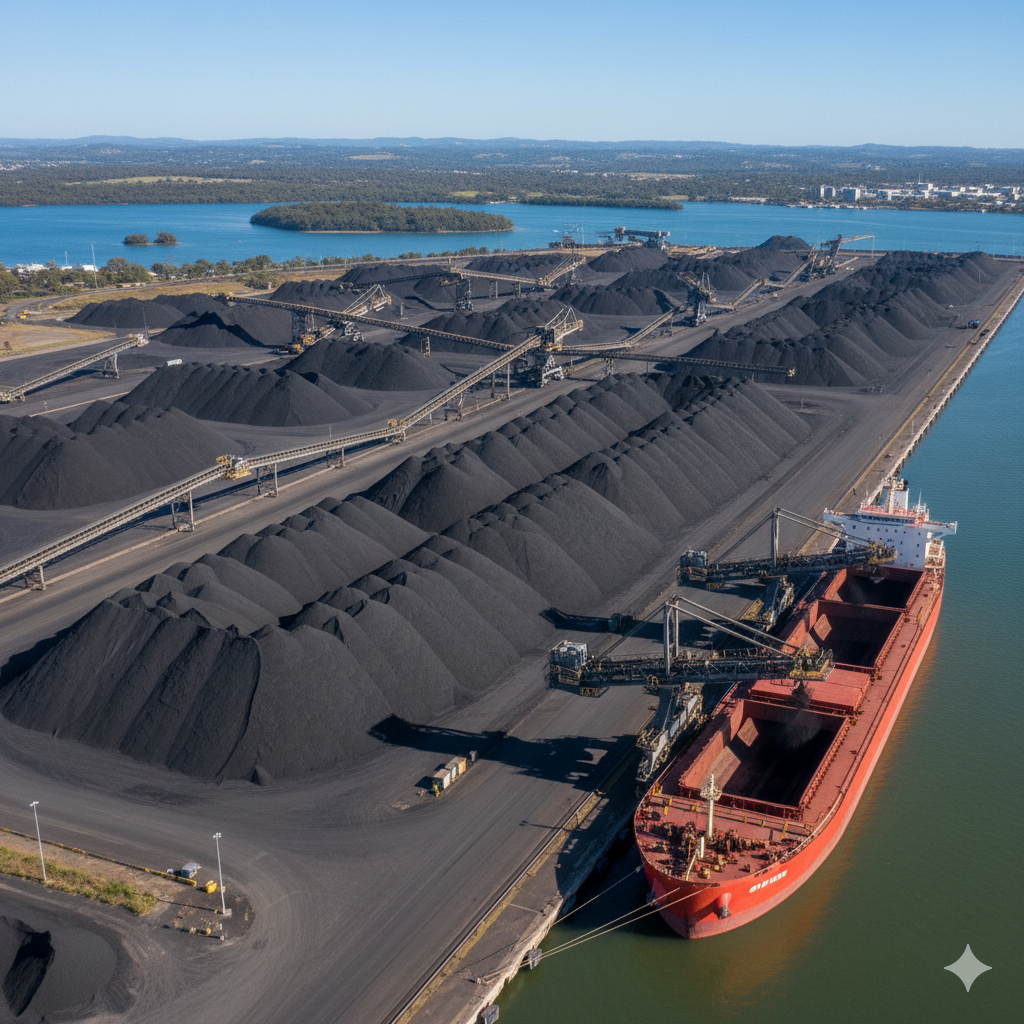
IMSBC Code Amendment 08-25: What’s New for Cargoes?
To ensure readiness for Amendment 08-25, shippers should check their cargo inventory against the new and modified schedules.

The International Maritime Solid Bulk Cargoes (IMSBC) Code 2023 Edition
The IMSBC Code, 2023 Edition, with amendments 07-23, is now in effect, becoming mandatory on January 1, 2025. It adds 12 new cargo schedules, including for Baryte and Brown Fused Alumina. The updates also require shippers to provide bulk density on cargo declarations, revise the Fish Meal schedule, and update several key circulars concerning safety guidelines and test procedures.

The International Maritime Solid Bulk Cargoes (IMSBC) Code 2022 Edition
The IMSBC Code, 2022 Edition, with amendments 06-21, is now in effect. It updates existing cargo schedules and adds 10 new ones, including for Bauxite Fines and Ferronickel Slag. The new edition also introduces a new test for bauxite and revises guidance on fire-extinguishing systems and fumigation, all to improve safety in solid bulk cargo transport.

The International Maritime Solid Bulk Cargoes (IMSBC) Code 2020 Edition
The IMSBC Code, 2020 Edition, with amendments 05-19, is now in effect. The new edition updates existing cargo schedules and adds 10 new ones, including schedules for Bauxite Fines and Flue Dust. It also introduces a new test for bauxite, updates fire-extinguishing system exemptions, and revises fumigation guidelines, all aimed at improving the safety of solid bulk cargo transport.

Moisture Management Plan for Group A cargoes
The IMSBC Code is a key international rule for shipping solid bulk cargoes. It focuses on the risk of liquefaction in certain cargoes, known as Group A, which can happen if their moisture content is too high. Shippers must have a Moisture Management Plan to prove their cargo is safe, and this plan needs approval from the port's Competent Authority. Recent amendments to the Code, including for coal and ilmenite sand, highlight the ongoing importance of this compliance.

The International Maritime Solid Bulk Cargoes (IMSBC) Code 2018 Edition
The 2018 edition of the IMSBC Code, effective January 1, 2019, brings crucial updates for shipping solid bulk cargoes. The amendments (04-17) introduce 13 new cargo schedules, including for Foam Glass Gravel and Sugarcane Biomass Pellets.
Key changes also include:
Clarified responsibilities for determining the Transportable Moisture Limit (TML).
Mandatory declaration by shippers if a cargo is Harmful to the Marine Environment (HME).
A new test procedure for determining the TML of coal.
These updates ensure safer, more environmentally compliant shipping practices for a wider range of solid bulk cargoes.

The International Maritime Solid Bulk Cargoes (IMSBC) Code 2016 Edition - What’s new with MHB classification and how it affects you.
The International Maritime Solid Bulk Cargoes (IMSBC) Code is regularly updated to ensure the safe shipment of solid bulk cargoes. The latest amendments (03-15) introduce significant changes to the classification of Materials Hazardous only in Bulk (MHB).
These updates require that if a cargo meets any of the chemical hazard criteria for an MHB, a specific notational reference must now be included in the individual schedule. For example, a combustible solid will now be marked with 'CB', while a corrosive solid will be marked with 'CR'. This new requirement, effective from January 1, 2017, provides clearer, more concise information on the hazards associated with a cargo, improving safety for all involved in the shipping process.
